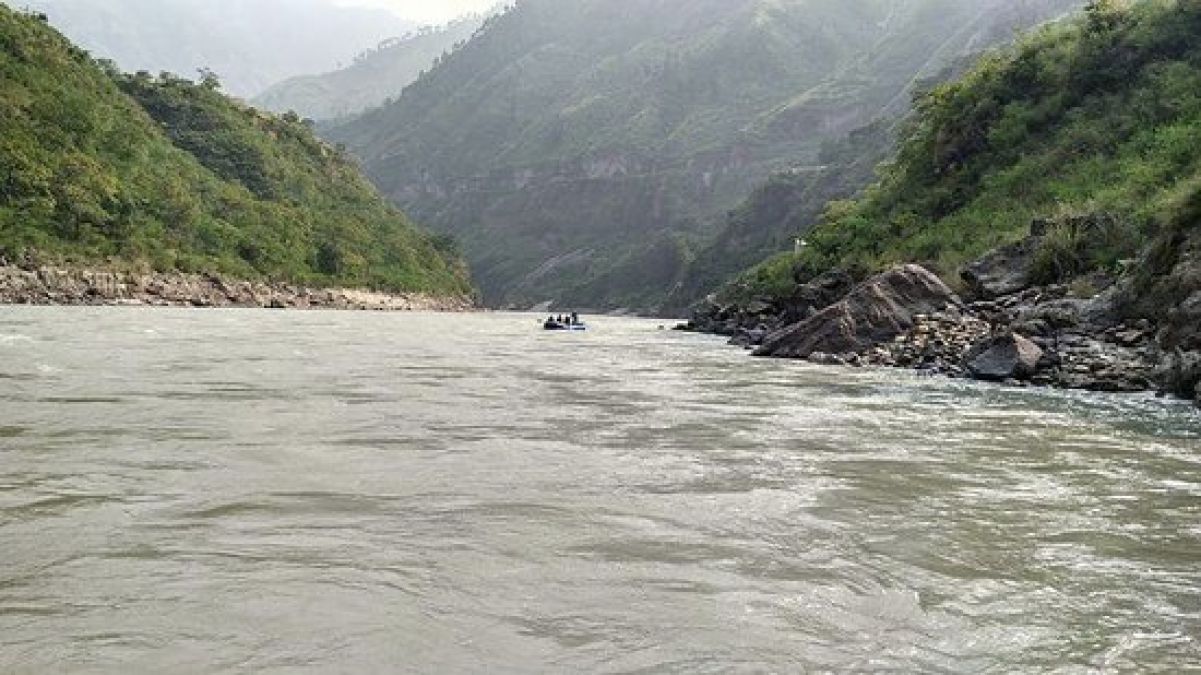There are several international and regional disputes over the sharing of water of several rivers. These are likely to worsen in times of increasing water scarcity. Which country or region should get a higher share of water? Which province should get a higher share of water?
These are questions which sometimes excite the passions of people on all sides. Politicians can inflame these feeling further. A statement that is very often made by many of them has been—I’ll not give even a drop of extra water to the other side.
Those who are asked to mediate and find workable solutions for settling the disputes are also often impacted by this rhetoric. They are more concerned with somehow finding a solution that will satisfy all sides or at least lead to a common meeting ground, even if this is at the cost of sacrificing significant aspects of protecting river ecology.
Politicians and pressure groups have shrill voices, however rivers and fish cannot speak in ways that would be heard by decision makers. Hence the side of protecting river ecology and river life often remains unrepresented at river talks. In the USA and some other countries sometimes indigenous communities have been coming forward to speak for protecting rivers and river-life including endangered species.
Technocrats who are often given important roles in taking decisions on river projects often do not have a great understanding of river ecology. They often take decisions in favor of excessive river water exploitation including diversion and long-distance transfer, regardless of adverse impacts on river ecology. They are supported in this by big business interests.
In the prevailing conditions of decision making two important aspects are likely to be neglected. Firstly, any river in the course of its natural flow and free flow also fulfils very important ecological functions. Secondly, while transfer of water over vast distances is often justified in the name of ending water scarcity of some areas, it is often forgotten that more ecologically protective, sustainable and less costly local solutions are also generally available.
Instead of constructing many big projects on a river and thereby impeding its free flow, causing several adverse social and ecological impacts, a much better alternative is to take up several small structures, bunds and afforestation projects to save as much rain water as possible at the local level, contributing to water security of various villages, helping to maintain water balance all around the year and reducing considerably the harm from floods as well as droughts. Time honored methods of water harvesting and conservation, based on specific conditions of various regions, are often available and highly creative efforts based on them have been giving very useful results at low cost in several places.
Technocrats supported by big construction companies sometimes tend to push back the scientifically established reality, well-recognized by common people, that free-flowing rivers provide many significant benefits and useful services to people and settlements all along their flow. Apart from supporting many species of fish and water life as well as river bank related biodiversity, free-flowing rivers provide irrigation water and water for many other uses to people and all forms of life. They contribute to maintaining proper groundwater levels over a vast stretch of land. They deposit fertile silt to support low-cost bountiful farming and animal husbandry. They support livelihoods related to growing several kinds of fruits and vegetables that grows best in river bank conditions, as well as livelihoods related to boats and fisheries. In the lower reaches while approaching the sea, they play a crucial role in stabilizing and supporting ecology and biodiversity of coastal areas, mangroves and deltas.
Once all this is recognised in much better ways it follows that river engineering in the form of dams, barrages and embankments by changing, depleting or restricting river flows in various ways can have adverse effects on all these beneficial roles of free-flowing rivers, apart from bringing several unintended new adverse impacts and risks.
While all these factors, whether recognized adequately or not, have always been significant, their importance has increased further in times of climate change which have introduced several more uncertainties and risks.
Hence long overdue changes relating to understanding of rivers and river-projects are needed, so that there can be much better planning for protecting rivers and utilizing their water for various beneficial purposes while minimizing adverse impacts and risks.
(The writer is Honorary Convener, Campaign to Save Earth Now. His books include Protecting Earth for Children, Planet in Peril, Man over Machine and A Day in 2071)

